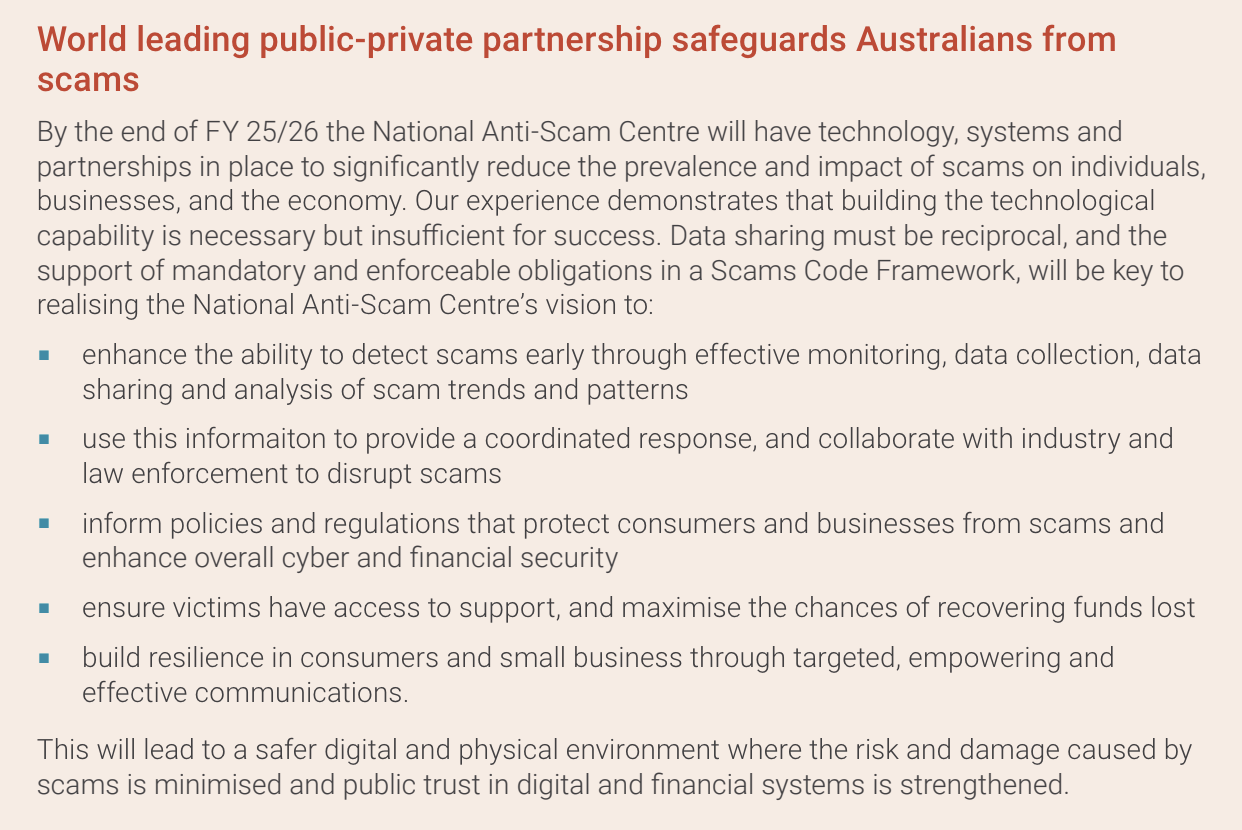Netsafe: multi-agency approach to scams needed
Cybersecurity group Netsafe is calling on a more cohesive, multi-agency approach across government to deal with fraud and cybercrime which is more likely to go unreported than other types of crime.
The latest New Zealand Crime & Victims Survey (NZCVS) from the Ministry of Justice shows that 11% of New Zealanders were victims of fraud or cybercrime in 2023. When it comes to reporting crimes to police, fraud and cybersecurity has the lowest reporting rate at 10%. That compares to 57% for vehicle offences, 42% for burglary, and 33% for interpersonal violence.
Netsafe says the results, gleaned from interviews and surveying of 7,134 Kiwis over six months reveals a “critical gap” in the justice system’s ability to protect citizens and pursue cybercriminals when it comes to tackling fraud and scams.
Source: New Zealand Crime & Victims Survey (NZCVS)
“Only a fraction of scams and fraud are reported to law enforcement,” says Netsafe CEO Brent Carey.
“On top of that issue these numbers show more than one in ten adults will experience at least one incident of fraud and cybercrime. This is nearly three times more than they are likely to experience theft and damage.”
Reported online fraud has grown to 11% as compared to 8% in 2018. This is more than double the 4% of reported crimes related to theft and damage. One of the main reasons cited for the low rate of reporting of fraud and cybercrime to the police, is that the fraud had already been reported to the bank (24% of respondents said this).
Source: New Zealand Crime & Victims Survey (NZCVS)
“These statistics highlight a growing threat that we are failing to address adequately. If we don't prioritise tackling fraud and scams, we'll continue to see an erosion of public trust in our financial institutions, plans to digitise government services and our Justice system,” says Carey.
"With fraud and scams becoming the most likely crimes people will face, we must ask why victims are reluctant to report these incidents. Are they not confident in the system's ability to deliver justice, or are they unaware of the resources available to them? It's a wake-up call that the crimes most affecting people today are the ones we hear the least about. We need a stronger focus on fraud prevention, victim support, and a robust response from our justice system to reverse this trend."
Carey points out that there is “no government funding” for incident response and victim remediation. The rise in online banking fraud and fake selling sites shows that New Zealand is unprepared for the digital age’s criminal challenges, says Carey.
"Our focus remains on combatting scams and giving the public a non-governmental front door for reporting their concerns. It's time for a comprehensive strategy to combat these sophisticated scams. A multi-agency, multi-pronged approach is required. This should include a national anti-scam centre that Netsafe’s scam helpline can feed into.”
Australia last year established the National Anti Scam Centre with government funding of A$57 million over three years.
The Centre reported that losses from scams and cybercrime were down in the three months to March 31.
Source: National Anti Scam Centre
What the Australian National Anti Scam Centre plans to do to combat scams:
Source: National Anti Scam Centre
Netsafe’s advice to avoid scams and cybercrime:
Use strong passwords
Enable two factor authentication
Be cautious with sharing personal information.
Be wary of ‘out of the blue’ messages
Avoid clicking on suspicious links
Report concerns to Police 105 your bank and to Netsafe.




